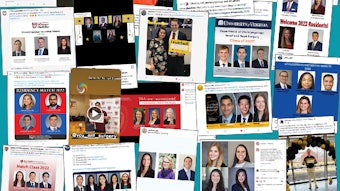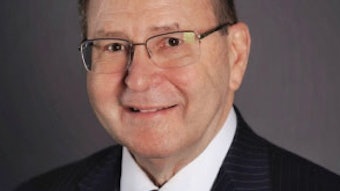A Stream of Consciousness
Administrative Exasperation Getting in the Way of Our Purpose
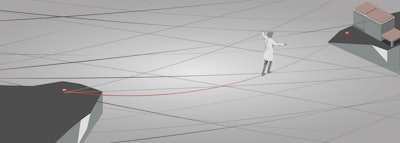
Bobby Mukkamala, MD
Private Practice Otolaryngologist,
Flint, Michigan
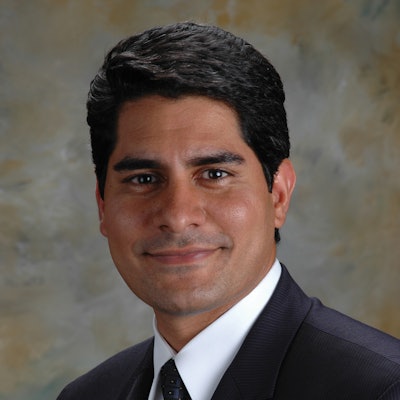 Bobby Mukkamala, MD
Bobby Mukkamala, MD
Private Practice Otolaryngologist, Flint, Michigan
I finish my last Zoom call at 9:15 pm. It would usually be the time to wrap things up downstairs and head up for a change into PJs and hit the sack. Surgery starts tomorrow at 6:45 am.
But tonight, I have to log in to the new Cerner EHR that McLaren Hospital System went live with about six weeks ago. I log in and do as much pre-charting as I can—H&P update, preliminary op note, discharge orders—anything I can do to make tomorrow go a little smoother.
It should be smooth already considering I did eight hours of mandatory training on the system as well as two days of surgery there already with Cerner support staff at my side. Yet, I know that there are a multitude of things that I will enter incorrectly that will generate a message or a phone call. I know that while my focus should be on the history and procedure of my patient, instead it is on the computer work that surrounds their care.
On Wednesday night, it will be the same routine except with an entirely different system. Hurley Hospital, where I operate on Thursdays, has an Epic EHR. I have been using it for a couple years and am reasonably comfortable with it for the work that makes up 99% of my routine. Between Cerner and Epic, the companies have 56% of the EHR market share around the country.
Yet, if the patient I operate on tomorrow morning at McLaren has a bad car accident and needs to go to a level one trauma center later this week because of the snow and ice that is coming, they will end up at Hurley.
Their entire medical record, from history of previous surgery, medicines, cardiac, and other records will be unavailable easily when other doctors are trying to save their life. These doctors will once again have to rely on a history taken from a family member who is panicking and barely able to think clearly as they look at their loved one in a cervical collar stained with blood.
These hospitals are less than a mile apart. When I am looking out the window of one, I can see the other. Yet they are on opposite sides of the EHR universe.
My patients suffer. I suffer. My office staff suffers. The hospital staff suffers. The hospital suffers but in a predictable, calculated way because the suffering is justified by the ROI: Patients stay in their system.
Tuesday Morning
I get to the surgery center early. I say hello to my patients and answer any questions they have with smiles and reassurance. My mind, however, is thinking about what I ordered and what I have not ordered that I am sure to get a call about.
While I sit at the computer and log in, no less than 10 times during those two hours and three surgeries, I am visited four times by different surgery center staff asking me to order this or that. I show them what I have ordered based on what I learned in my training sessions. Somehow, it is not what they are expecting, and I try again.
Meanwhile, I see my patient being rolled down to the operating room. Ordinarily I am there with them as they are being intubated. Ordinarily I am working with people I have worked with for years, but lately I see new faces on a weekly basis as the usual staff are working locums elsewhere.
I feel like a parrot asking one new tech after another not to remove the stickies on the drapes so they don't adhere to the ET tube and cause accidental extubation when they are removed.
Now I am down the hall staring at the no less than 200 clickable options on the screen in front of me, wondering what I am being asked to finish that I think is already done.
I pause and think about my purpose in life. It is to biopsy this patient's larynx lesion to r/o cancer. It is to remove the next patient’s tonsils to relieve her of her chronic sore throats. It is to drain the obstructed sinuses of my last patient to relieve her headaches. This is where my mind should be.
So, I explain to the staff that I have done what I could and am going to take care of my patient. They are silent. They empathize with my frustration but are powerless to help. They have their instructions and fear for the consequences if they are not followed.
My documentation is a fraction of the quality of what it used to be. It has the mere basics. It is based on a template to make it easier to document. It lacks the personalization and specifics that my written notes used to. It looks completely different than the notes generated on a similar patient getting the identical procedure less than a mile away on the Epic system.
I entered an order for 1% lidocaine with epinephrine that I was planning to use to numb my patient’s nose. In the OR I am told that this is back-ordered, and I will have to use 2% instead. No problem for the patient so I say, sure. Yet I have already entered an order in Cerner for a medication I am not using and have yet to enter an order for the medication I am using instead. I know that this will generate at least one more task that will require me to log in yet again to fix.
One more distraction of my mind.
A mind that should be singularly focused on where I am inserting the needle on the lateral wall of this patient’s nose. A mind that should be singularly focused on where my microdebrider is removing tissue, millimeters from the bone that separates nose from brain and nose from eyeball.
The high road is to reject all of the distractions and keep my focus where it should be.
I am in my 22nd year of practice. I am pleasantly busy. If taking the high road has a consequence of making me fall out of favor with McLaren, I will survive. I will surely get a reputation for being difficult to train.
This despite spending eight hours in mandatory training, learning features and skills on Cerner that I will never use. Already, McLaren has hired four new otolaryngologists, all good people, to capture more market share for this work. I found out that there were four new ENT docs working within miles of me from an advertisement I happened to see in a local social magazine. McLaren does not need me; I do not need McLaren.
But the patients who need me to fix their ears, noses, and throats need McLaren because McLaren also has an insurance product, and they are covered by it. Healthcare is the biggest sector of employment in Flint, Michigan, now. It has surpassed auto manufacturing. This large sector of employees more often than not has insurance that requires them to use their employer’s facility for their care or risk much higher copayments.
I don’t want my patients to suffer financially because I can do their care without as much hassle across the street. So, they and I are captive audiences to McLaren. The same can be said for Ascension Genesys, the other hospital in town. Genesys has an EHR, but rumor has it that it too will be changing to another system in the near future. If it is Cerner or Epic, it will make the transition a little less traumatic for me, but it is still a transition for hundreds of staff and other doctors that will indeed be traumatic.
Even more traumatic is the fact that both Genesys and McLaren are on their second EHR in the past decade. Twice the training, twice the distraction, twice the pain. I have an EHR in my office and have had it since before the hospitals went electronic. It is not interoperable with any of the three area hospitals. If the hospital wants my medical record, or I want theirs, we have to fax it to each other.
Today’s patients’ H&Ps were faxed over from my office and scanned into to the EHR. I did complicated sinus surgery today using state-of-the-art scopes and monitors, and my work is electronically documented and then faxed. Fred Flintstone and George Jetson living next door to each other. We can no doubt do better. But getting there will require doctors to share their thoughts as they jump through these hoops. Most are not as lucky as me to be able to walk away if the burden is too much to tolerate. Most are captive because their paycheck comes from the place they want to walk away from. Most are captive because their patients’ insurance requires them to go to a particular hospital. Most are captive because the alternative is to change their entire routine and shift to a different facility with a different medical staff and a different EHR.
I write this to encourage others to share their thoughts. There are people and institutions that can improve this situation. But they will not do it out of the goodness of their hearts. They will only do it if they are not given a CHOICE.
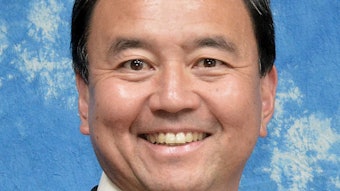


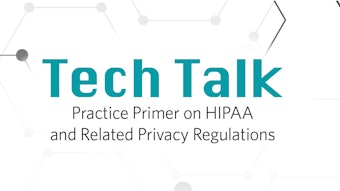


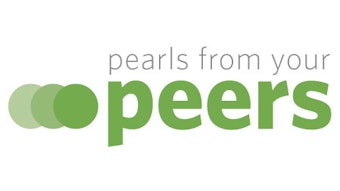
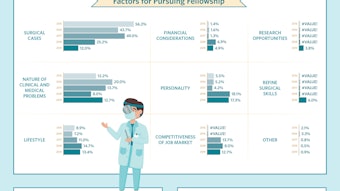



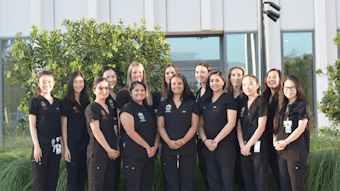
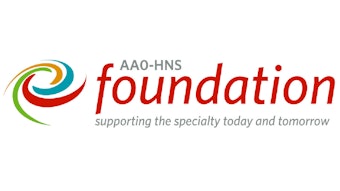

![Getty Images 1013668346 [converted] 01](https://img.ascendmedia.com/files/base/ascend/hh/image/2022/03/GettyImages_1013668346__Converted__01.6244bdb1d9995.png?auto=format%2Ccompress&fit=crop&h=191&q=70&w=340)
